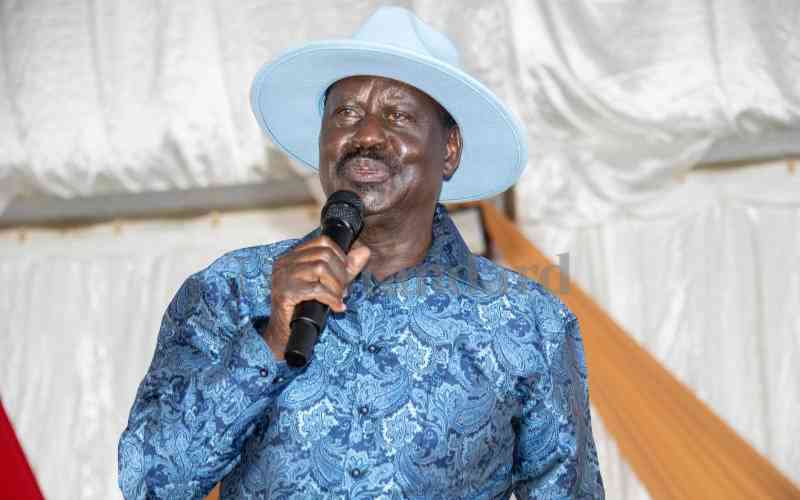×
The Standard e-Paper
Smart Minds Choose Us

Former electoral commission chief Ahmed Issack Hassan has opened the lid on how politicians, among them Azimio leader Raila Odinga, interfered with the country's first independent electoral body after 2010 constitutional moment.
In his book "Referee of a dirty game- in the theatre of Kenya's election, an insiders account", Issack doles out insider tales of a commission held captive from outside, but also inadvertently reveals his manoeuvres to win favour with politicians and interest groups.